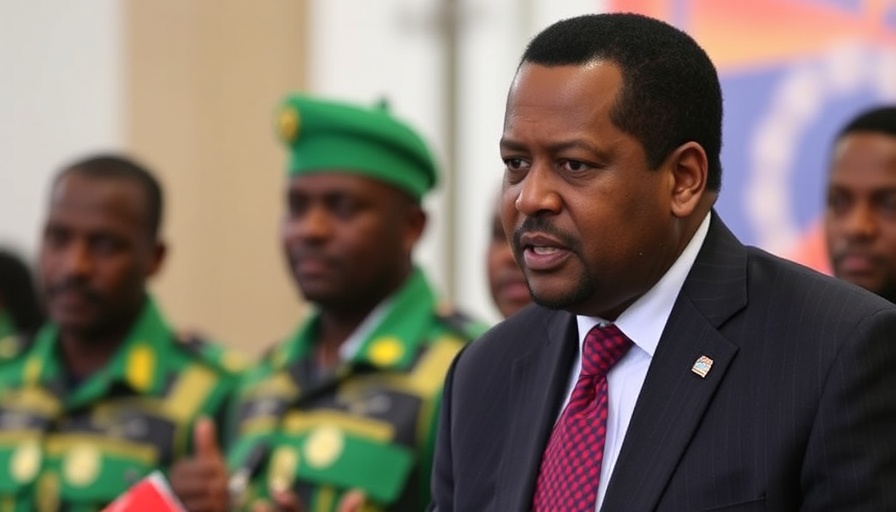
Angola's Strategic Push for Peace in the DRC
Angolan President João Lourenço's ambition to mediate peace in the Democratic Republic of Congo (DRC) has once again faced an unfortunate setback. Such failures, however, have not deterred Lourenço from implementing his peace initiative. His persistence underscores the delicate intertwined relationship between Angola and the DRC, which extends beyond mere diplomacy.
The Stakes: A Complex Interdependence
Both Angola and the DRC share rich historical and familial ties, as well as a lengthy 2,500-kilometre land border, which places them in a deeply interrelated socio-economic tapestry. Political analyst João Gonçalves emphasizes that Angola's involvement isn’t merely altruistic but rooted in urgent humanitarian needs and strategic economic considerations. The establishment of the Lobito Corridor, a transport route pivotal for accessing mineral-rich regions, further intensifies this strategic importance, aiming to enhance trade and economic interaction.
A Refugee Crisis and Human Impact
The DRC conflict has incited significant refugee flows into Angola, drastically impacting local communities. With roughly 57,000 displaced individuals, its impact is a reminder of the extensive vulnerability faced by both nations. This historical transplant of refugees between the two countries, especially during times of civil unrest, demonstrates how interconnected their fates are.
Lourenço’s Personal Commitment to Mediation
Since entering office in 2017, President Lourenço's earnest commitment to mediating peace speaks to a deeper narrative. Speculation surrounding his familial ties to the DRC adds an enigmatic layer to his efforts; whether true or not, it illustrates his personal stake in the region's stability. The fact that he tirelessly seeks engagement reflects a profound understanding of the geopolitical implications at play.
The Regional and Global Significance
As tensions rise, the need for sustained diplomatic efforts becomes crucial not only for regional stability but also for Angola's future as a reliable partner in global trade. The outcome of these negotiations holds considerable ramifications for major stakeholders, particularly as international players like the United States and the South Korean government eye cooperative ventures in the region. Therefore, the implications extend far beyond borders, affecting economic landscapes across sub-Saharan Africa.
As the complexity of African geopolitics deepens, the role of leaders like Lourenço becomes critical in shaping outcomes that strive for peace and development across the continent. Investors and policymakers must remain alert to these developments that could significantly shape the evolving dynamics of African governance and economic growth.
 Add Row
Add Row  Add
Add 


 Add Row
Add Row  Add
Add 

Write A Comment